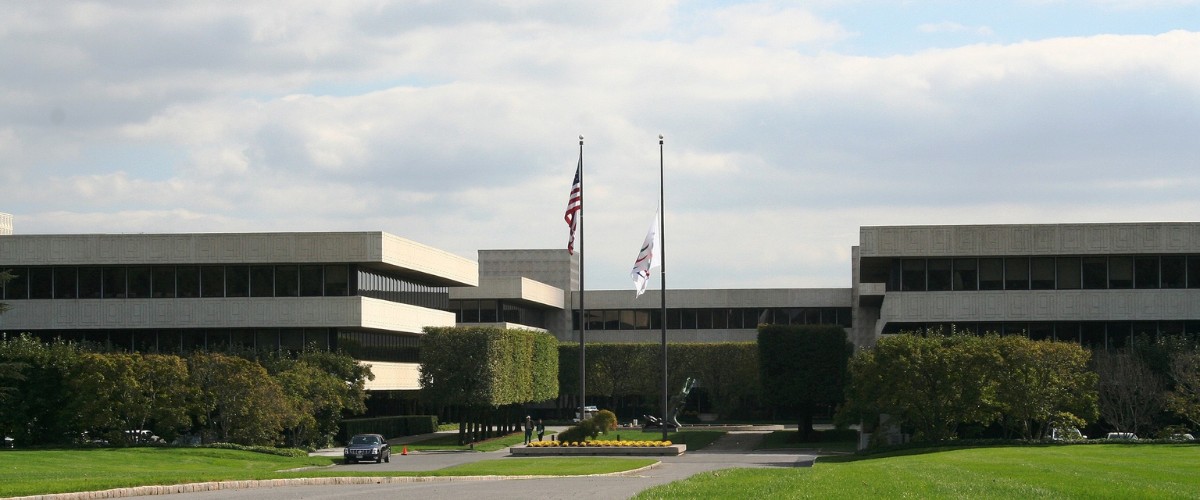Introduction:
Imagine a time when sweetened carbonated drinks were a rarity, and ambitious visionaries dreamt of a refreshment that would quench the thirst of nations. Caleb Bradham, a young pharmacist in North Carolina, was driven by such an ambition. Facing early challenges like concocting the right formula and establishing a foothold in a competitive market, Bradham’s perseverance paved the way for what would become a global empire.
Company Origins:
In the summer of 1893, Caleb Bradham introduced a drink named “Brad’s Drink”, which was later renamed to Pepsi-Cola in 1898. His aspiration? To offer a delightful, healthful drink that aids digestion. Joined by investors and partners who believed in his vision, Bradham laid the foundation of a brand that would become synonymous with refreshment.
The initial product – a unique mix of carbonated water, sugar, vanilla, oils, and rare spices – gained quick popularity in the local market, marking Pepsi’s promising beginnings.
Journey to Growth:
Through the years, PepsiCo navigated through the Great Depression, World Wars, and changing consumer trends. Key moments like the acquisition of Frito-Lay in 1965 bolstered its presence in the snack market. Expansions into new markets, from Asia to Africa, solidified its global footprint.
PepsiCo’s resilience shone when facing intense competition, especially from Coca-Cola. Through aggressive marketing, innovative campaigns, and keen market insights, the company always found ways to stay ahead.
Products or Services:
While Pepsi-Cola remains the flagship product, PepsiCo’s range expanded to include brands like Mountain Dew, Lay’s, Gatorade, and Tropicana. The company’s dedication to innovation reflects in its evolving product line, catering to the diverse needs of consumers worldwide.
Financial Health:
Today, PepsiCo stands as a behemoth with a market value surpassing hundreds of billions. Achieving consistent growth, PepsiCo’s strategies ranged from acquisitions (like that of Quaker Oats) to entering emerging markets. Financial challenges were met with strategic decisions, ensuring steady shareholder returns.
Impact and Legacy:
PepsiCo, beyond its products, has profoundly influenced industry standards, particularly in sustainable packaging and healthier product alternatives. Its partnerships span across sectors, and its CSR initiatives focus on water conservation, sustainable farming, and community upliftment.
Quick Facts:
- Founded: 1893
- Founders: Caleb Bradham
- Headquarters: Purchase, New York
- Market Value: $200 billion (as of 2022)
- Key Products/Services: Pepsi, Mountain Dew, Lay’s, Gatorade, Tropicana
Challenges and Controversies:
PepsiCo hasn’t been without controversies, ranging from marketing missteps to environmental concerns. However, each challenge was met with introspection. Changes in marketing strategies, greater focus on environmental sustainability, and ethical operations underscore its commitment to responsible growth.
Current Ventures and Future Plans:
PepsiCo continues to break boundaries. Its venture into healthier snack options, sustainable packaging innovations, and embracing digital transformation showcases a company always on the move, aligning with global needs and trends.
Conclusion:
From Caleb Bradham’s humble pharmacy to a global juggernaut, PepsiCo’s journey is a testament to vision, resilience, and adaptability. Its saga continues, promising more innovations and continued dedication to quenching the world’s thirst in myriad ways.
Founder Quotes:
“Pepsi-Cola is a drink that gives a pleasant taste and assists digestion” – Caleb Bradham








